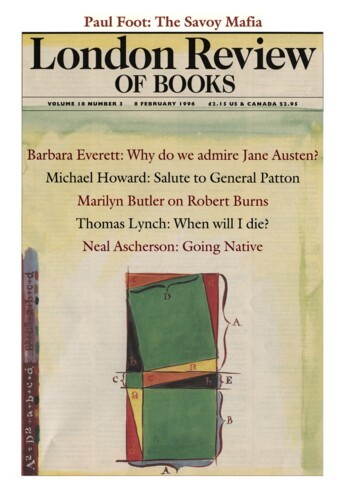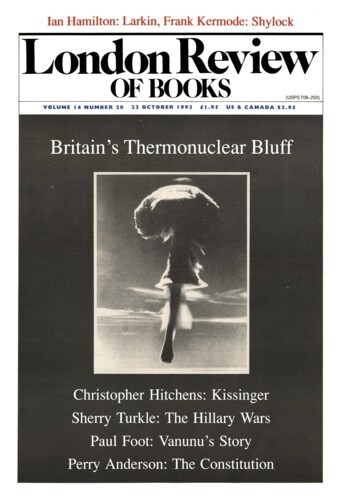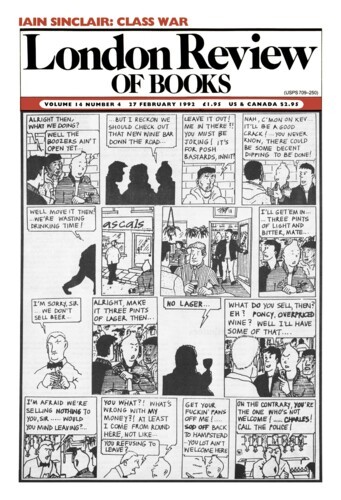Gallipoli has not lent itself to literature. The First World War on the Western Front has furnished a body of poetry, prose fiction and memoir so substantial, and so distinguished, as to equip any O-Level English student with at least an adequate historical knowledge of the campaign. But even if it were true, as Geoffrey Moorhouse claims, that ‘no battle or campaign fought between 1914 and 1918 has ever been remembered quite so tenaciously as the ill-fated Allied expedition to the Dardanelles,’ this would not be the result of any literary work. Rupert Brooke, setting out to fight at Gallipoli, died before he ever got there. One of Siegfried Sassoon’s brothers was killed in action there, but Sassoon himself went to France. Sir Compton Mackenzie’s Gallipoli Memories (1929) hardly ranks alongside Goodbye to all that. By default, the rare representations of the campaign in popular culture are elevated into distorting prominence, and it is almost certain, as a result, that most of us know even less about the Gallipoli campaign than we think. Those, like me, whose awareness of the disaster is limited to Peter Weir’s Gallipoli will have fallen for the biggest myth of all: that Gallipoli was primarily an Antipodean tragedy. In fact, as Hell’s Foundations soon makes clear, Britain lost 21,000 men there – twice as many as Australia and New Zealand put together.’
Gallipoli has not lent itself to literature. The First World War on the Western Front has furnished a body of poetry, prose fiction and memoir so substantial, and so distinguished, as to equip...





